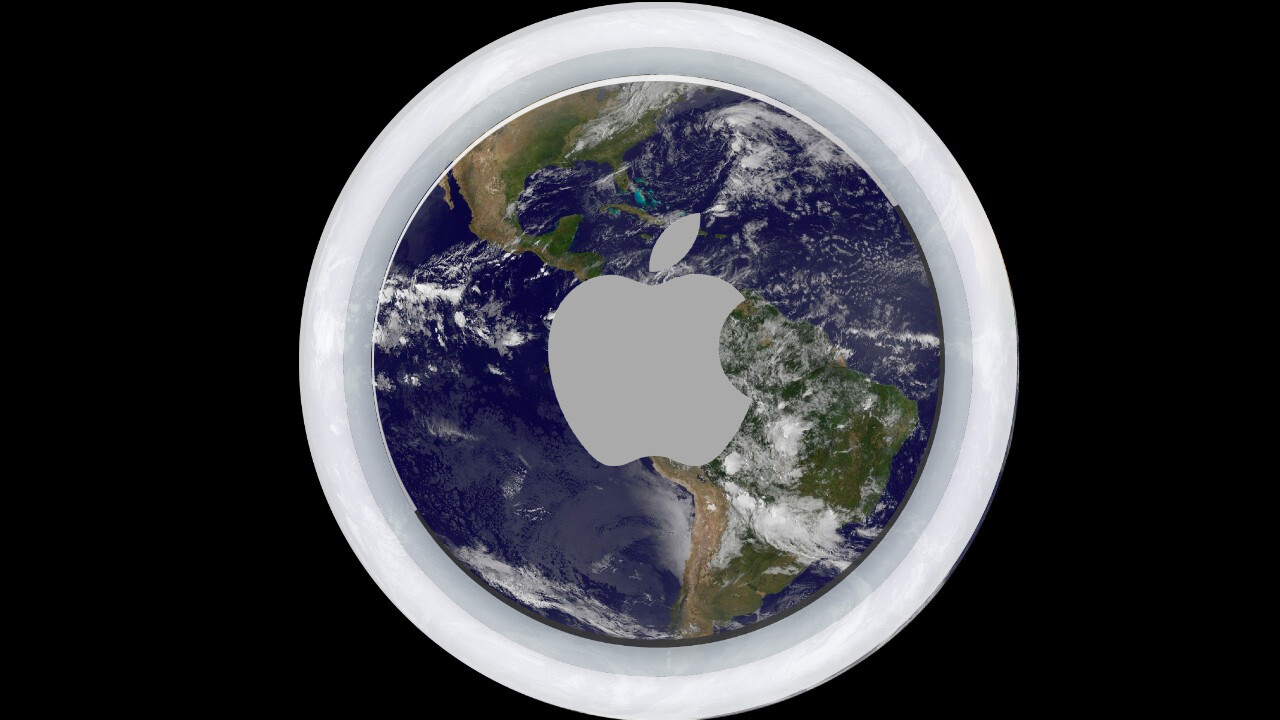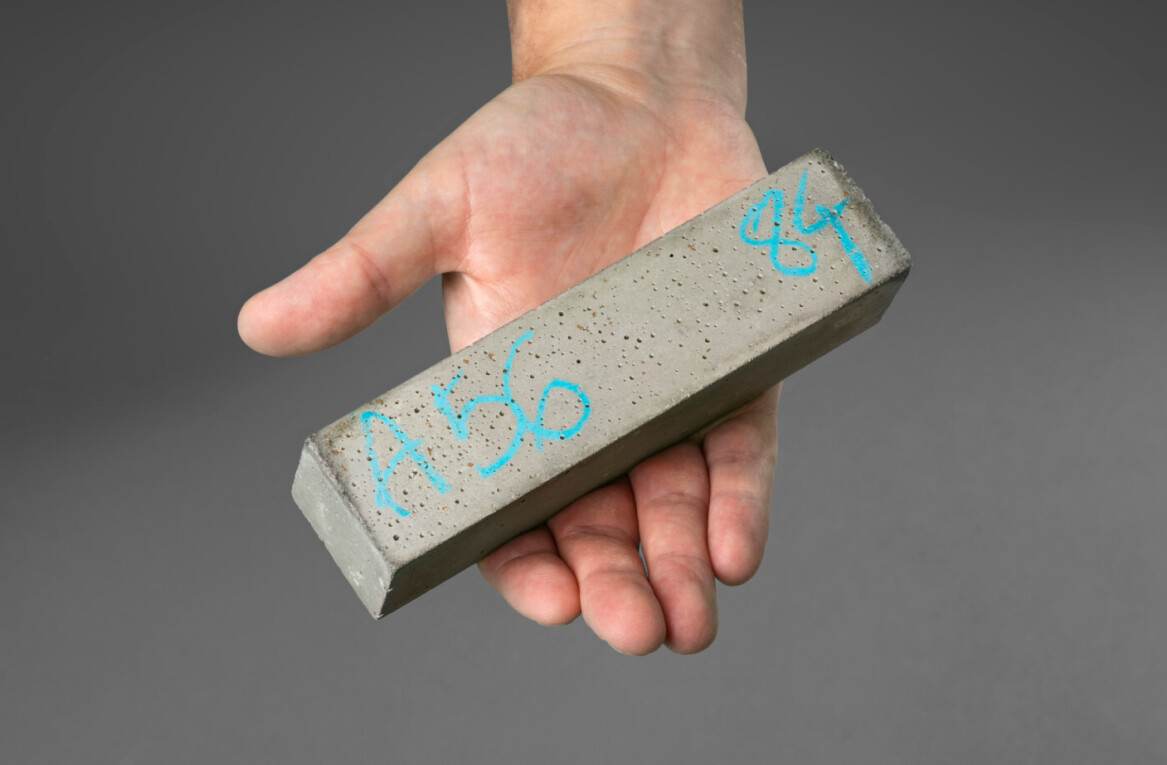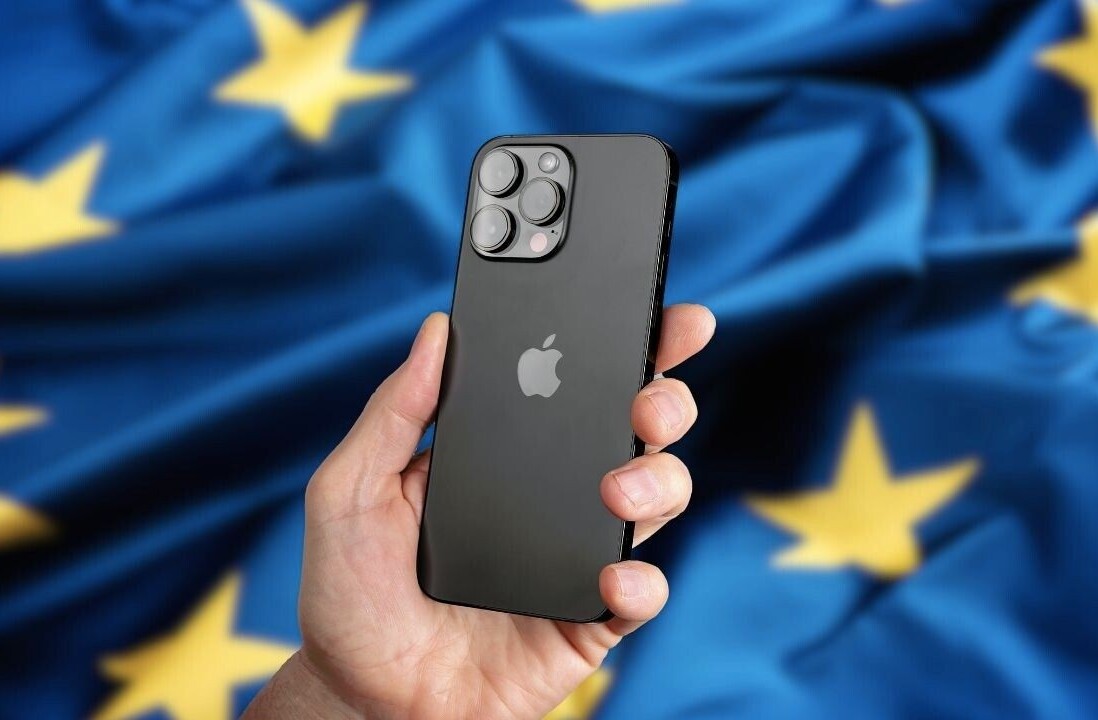
Apple has released another category-defining product — but not in the way it would’ve wanted.
AirTags, the company’s cheap and cheerful tracking devices, have become the category’s foremost technology, yet their misuse has embroiled the company in scandal.
A gamut of reports have linked AirTags to stalking and theft, with one of the most prominent being the story of model Brooke Snader, who had one of the devices slipped into her coat pocket at a bar.
While Apple has come under fire for the releasing the product, AirTags operate in a gray area.
Let’s return to Snader as an example. The reason she knew someone had planted a tracker on her was because her iPhone sent an alert about it.
Things could’ve been far worse, as these safety measures are not present in similar technology, like GPS trackers.
This raises a number of questions. How dangerous are AirTags? How do they compare to other trackers on the market? And what is Apple’s responsibility after releasing such a product?

It’s impossible to overlook the impact a company of Apple’s size has on individual behavior.
“Producing a tracking tool for small items will inevitably and unfortunately fuel ideas for anyone wanting to track people,” Jake Moore, Global Cyber Security Advisor at ESET, told me.
The nature of Apple’s cultural sway means that just by releasing such a product, it creates a market for its abuse — potentially even seeding this idea in people who hadn’t previously considered it.
Tile, a smaller company that makes a similar product, doesn’t have to contend with worries like this. But that’s not where the differences between Apple and it stop.
Sam Dawson — a privacy expert at ProPrivacy, a digital freedom resource — told me that what “sets AirTags apart from other personal tracking options is [the company’s] user network.”
AirTags operate via a Bluetooth mesh network, specifically Apple’s Find My infrastructure. This means their location is marked when there is an Apple device in range, which is “around 10 meters.”
This technology in itself isn’t novel. Again, Tile does something similar. The difference is it’s estimated there are almost a billion Apple devices on the Find My network, and while Tile’s numbers are more opaque, they are multitudes lower.
It has sold around 35 million units and has partnerships with over 20 companies that include its tracker-finding capability in some of their products. And although we don’t have. a precise figure, one thing we can say for certain is Tile’s network pales in comparison to the size and scope of Apple’s.

While the Cupertino-based company arguably makes the most efficient Bluetooth-first trackers, the technology itself contains fundamental flaws.
ESET’s Moore pointed out that, because of hardware limitations, AirTags’ relative accuracy is not as “pinpoint as other trackers.”
GPS units — hardware that use satellite-based radionavigation — can provide precise information on someone’s location. This gives bad actors unprecedented access and knowledge of victims’ movements.
This is not to say AirTags aren’t accurate. As Moore says, Apple’s trackers are accurate enough to find out where someone broadly is. For example, at home or the gym — which in many cases is sufficient.

Another area of differentiation between Bluetooth and satellite-based trackers is battery life.
ProPrivacy’s Dawson told me that while GPS devices “have greater coverage,” their operation is more energy intensive. AirTags — which use “Bluetooth to communicate with other nearby Apple devices” — are designed for “low power consumption,” so can potentially operate for far longer.
Apple has taken this danger into account.
Ben Wood — Chief Analyst at CCS Insight — explained how the company has “tried to address [these] privacy issues,” specifically by making AirTags randomly beep, or delivering “on-phone alerts” to anyone near a rogue device.
Yet these safety features haven’t been enough. Warnings often take days to kick in — and rarely last long when they do, making them easy to miss.
To be fair to it, Apple has shown a capacity and desire to address these issues. The company recently updated its Personal Safety User Guide and outlined both ongoing improvements, as well as those that’ll be released in the future.
For example, in the upcoming iOS 15.4, the company will display a message declaring that tracking unwilling people with AirTags is a crime.
As each piece of hardware has a unique serial number, Apple’s already working with law enforcement in misuse cases and tracing the devices “back to the [perpetrators].”
Alongside this, Apple will roll out a series of updates, including making rogue AirTags easier to find, displaying an alert on nearby iPhones alongside their warning sound, improving the unwanted tracking logic, and fine-tuning the tracker’s auditory alert.
When the latter features will launch is currently unknown, but it’s slated to be later in 2022.
Wood told me it’d be interesting to see “if these new measures will assuage concerns.” Despite this, he “[fears] this will be an ongoing issue” with AirTags.

Apple’s eagerness for improving the AirTags is admirable, but is also substantially flawed.
Many of the aforementioned safety features, such as phone alerts, only work by default on Apple devices. While the company has released an Android app, it can’t automatically warn people if they’re being stalked, they have to physically check the software instead.
Not only do Android users need to download the app in the first place, it puts the onus on them to actively ensure they aren’t being stalked by AirTags. In other words, the burden of responsibility is on the potential victims.
To counter this, Apple must work with other phone manufacturers and Google to ensure the same safety measures built into iOS exist on Android and other mobile operating systems.

The question is whether this level of accountability is fair to lay at Apple’s feet.
No other producers of Bluetooth-powered trackers, like Tile or Chipolo, have introduced even half of Apple’s safety measures — but neither of those companies have trillion dollar valuations, a billion-device mesh network, or mind-boggling cultural capital either.
And what of GPS trackers? These are surely just as dangerous as AirTags, but there hasn’t been the same sort of public and media uproar about the technology.
Dawson engaged in this argument. “In essence, AirTags do not replace GPS trackers for long-term surveillance,” he told me. “What AirTags do enable is highly accurate short-term surveillance in a very light and easy to hide package at a relatively low cost.”
On paper, Apple’s technology is little or no more dangerous than other easily available tracking products. Despite this, it must bear the responsibility of the two main things AirTags’ launch has enabled.
The first is Apple gave potential criminals another tool in their arsenal. And the second is it has normalized and popularized trackers in a way we’ve never seen before.
With this, comes abuse.
“We frequently see perpetrators using tracking devices to monitor a woman’s location in order to control and intimidate them,” Emma Pickering, Tech Abuse Lead at Refuge, a domestic violence charity, told me.
She pointed out that Apple’s AirTags are “just one of many devices” people can use, before saying there has been “a 97% increase in complex [abuse] cases being referred to [her] team between April 2020 and May 2021.”
This is where we get to the crux of the matter. Asking whether AirTags are more or less dangerous than other trackers is the wrong question. It’s akin to choosing to be stabbed by a fork or a knife: both are deadly in the wrong hands.
It’s undeniable that AirTags have pushed trackers mainstream and made them more accessible, but this works both ways. The public is now far more aware of the dangers of this technology — and Apple is focused on improving its product’s safety in ways other manufacturers either can’t or won’t.
We can’t overlook the company’s role, nor can we condemn it entirely. Instead, Apple has waded into a societal issue — one that we’ll never be able to solve with a software update.
—
If you are concerned you and your location is being tracked by a current or former partner, you can visit Refuge’s tech safety website here. If you’re in the UK, you can also access free and confidential support from Refuge’s 24-hour National Domestic Abuse Helpline on +44 808 2000 247.
Digital support is also available via live chat Monday-Friday 3-10pm GMT.
If you’re in the US, you can connect the National Center for Victims of Crime. They are available to call on +1 202 467 8700.
Get the TNW newsletter
Get the most important tech news in your inbox each week.




